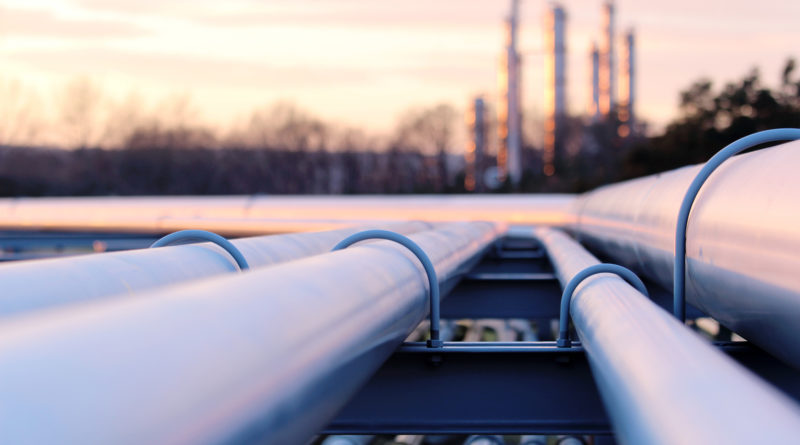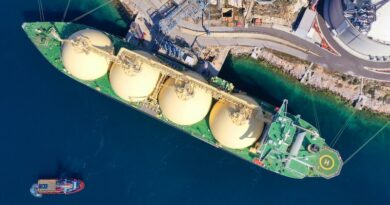
Enhancing energy security in Europe, diversifying energy sources, and reducing dependence on Russian fossil fuels
 Security, is essential to the daily lives of citizens, Member States and the Union as a whole. Energy security, on the other hand, is fundamental to economic and social stability. Given the current geopolitical challenges, it is more important than ever, since our independence and sovereignty are directly linked to energy independence. Therefore, as the Presidency, we will propose a broad approach to the definition of energy security. It should include access to affordable energy, also for energy-intensive industries, which will allow the EU industry to remain internationally competitive and be socially acceptable.
Security, is essential to the daily lives of citizens, Member States and the Union as a whole. Energy security, on the other hand, is fundamental to economic and social stability. Given the current geopolitical challenges, it is more important than ever, since our independence and sovereignty are directly linked to energy independence. Therefore, as the Presidency, we will propose a broad approach to the definition of energy security. It should include access to affordable energy, also for energy-intensive industries, which will allow the EU industry to remain internationally competitive and be socially acceptable.
Our goal is to adopt Council conclusions on updating and strengthening the European Energy Security Strategy.
As part of the new energy security architecture, we intend to focus on strengthening the physical and cyber resilience of critical infrastructure, as well as supporting – on an equal footing – the development and implementation of all clean energy technologies.
Ensuring a stable supply of critical raw materials will also be crucial. Supporting Ukraine will also be an important item on our agenda – both in terms of rebuilding its energy system and securing the supply of materials and electricity. Rebuilding and developing its energy infrastructure is crucial for its citizens, the economy and overall defense capabilities – but it is also an investment in the security of the entire EU. In the long term, we will strive to harmonize Ukraine’s energy regulations with EU legislation, further integrate Ukraine’s energy system with the EU energy network, and accelerate Ukraine’s accession talks in the energy sector.
One of the key issues in the context of ensuring energy security is also to guarantee stable and predictable energy supplies. We have already significantly reduced the EU’s dependence on Russian energy sources, but further progress and joint efforts are needed.
In this regard, the Polish Presidency will review the progress made in achieving the REPowerEU objectives, especially in terms of eliminating the import of Russian fossil fuels into the Union. We await the European Commission’s roadmap, which will indicate the next steps leading to the EU’s full energy independence, including from Russian LNG imports. We also cannot ignore the significance of the Clean Industrial Deal and the Action Plan for Affordable Energy. These documents are essential for the future of the European economy.
Many challenges require our attention – from high energy prices to regulatory issues to access to the green technologies necessary for decarbonization.
We expect the CID to address these issues, and we will initiate a debate on its energy aspects. Our goal is to make the EU economy more competitive in external markets through the availability of clean energy and modern technologies, and to accelerate and better coordinate the internal energy transition.
During our presidency, we would also like to draw attention to the need to increase investment in the development of electricity networks, as well as to strengthen efforts towards system integration, development of storage capacity and flexibility. This is essential for a successful energy transition that supports competitiveness.




